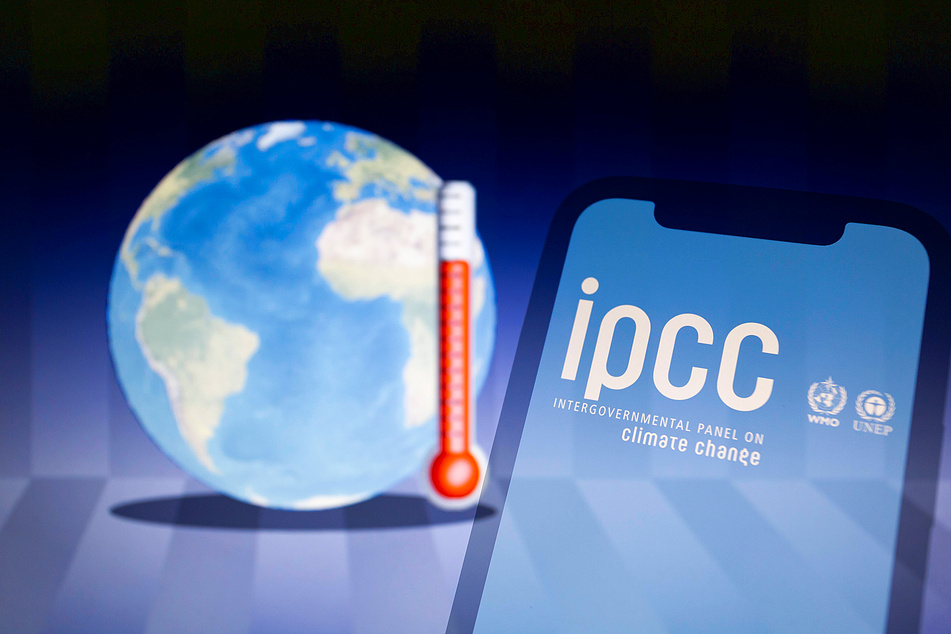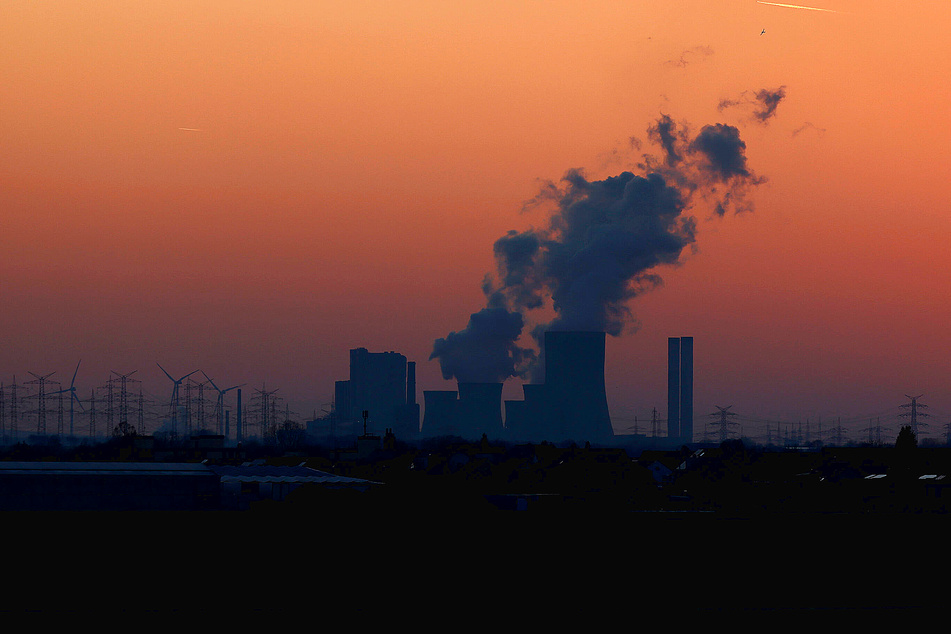IPCC Report: Watered-down summary misses the mark for climate change
Geneva, Switzerland - The UN's Intergovernmental Panel on Climate Change (IPCC) released its new playbook for how to fix the climate crisis, but there are some glaring holes in its follow-up report for policymakers.

The IPCC report's Summary for Policymakers was finalized on Monday, and tells a different story than the full 3,000-page report that was unveiled in February.
When the IPCC releases its reports, it includes a summary edition following its full-blown scientific paper. Yet it means policymakers are getting a watered-down report, and may not be getting the full picture on how to stop climate change.
A summary version is useful because it tells policymakers where to get to work on changing our modern world, and highlights that climate action can be tangibly achieved. But firstly, this newest Summary for Policymakers leaves out the clear message that carbon capture is not a viable option for removing CO2 from the atmosphere.
It may be due, in large part, to governments being able to haggle with the report's authors over the final wording of the summary. As reported by The Guardian and Time Magazine, various countries took issue with the wording of the final messages in the IPCC report, and lobbied for the extensive inclusion of impractical and expensive carbon capture methods and storage as the magic bullet for stopping climate change. Additionally, Saudi Arabia – the world's largest oil exporter – reportedly worked hard to have the report focus on the tiny and less-ideal carbon capture industry as a proposed solution to climate change.
Dr. Lisa Schipper, a climate expert at the University of Oxford who worked on the IPCC's Impacts, Adaptation, and Vulnerability report, explained the involvement process, saying, "Governments propose alternative wording, suggest inclusion or exclusion of certain things, and we as IPCC authors are there to ensure that consistency with the underlying chapters is not lost."
That influence of nations can have big consequences on the summary's impact, and whether it is outlining the best options for the environment.
Phasing out fossil fuels was not a clear and urgent call in the summary

Overall, the Summary for Policymakers is plagued with problems. It doesn't have strong final messages about ditching fossil fuels, the relative uselessness of current carbon capture tech, or how much more money needs to flow into investments to prevent the worst effects of a changing environment.
The report also skimps on the fact that the impressive growth of renewable energy has come about without the massive funding and subsidies that currently benefit the fossil fuel industry.
So not only does the summary miss the mark in specifically highlighting the benefits of ditching fossil fuels, it also fails to mention that the necessary funding for renewable energy investments could easily come from the cashflow currently pumped into the fossil fuel industry.
Another missed opportunity from the summary is its omission of a graph from the full scientific write-up that showcases two key figures: which world regions are spending the most to deal with climate change, and how much money each sector – like electricity and transportation – gets.
This graph is an important guide to which parts of the world and industries are dedicating the most funding to stop global warming, and how much more money they need to invest to effectively fight the climate crisis. (And hold onto your pants, because there is a massive gap across the board when it comes to differences between North America, Europe, and East Asia – the highest-emitting polluters and wealthiest places on the planet.)
Yet, despite the Summary for Policymakers' omitted sections and weakened points, it is still an effective guide for governments to rock climate change's socks – as long as they put their money where their mouth is.
As nations' influence over the IPCC's report comes to light, perhaps the UN's Secretary General António Guterres put it best: "Some government and business leaders are saying one thing, but doing another. Simply put, they are lying. And the results will be catastrophic."
Cover photo: IMAGO/ZUMA Wire IPCC globe temp

